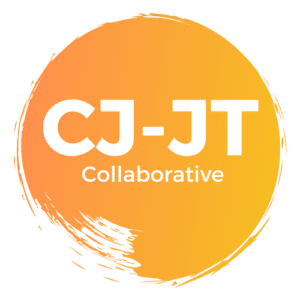While representing only 5% of the global population, Indigenous Peoples make up a staggering one-third of the world’s 900 million extremely poor rural people. Given that the rural poor form the bulk of those without access to energy, Indigenous Peoples are a critical demographic that needs to be put at the centre of the global dialogue on energy if SDG 7 on ensuring access to energy for all is to be achieved. Indigenous territories host renewable energy projects without respect for their rights, lands, and resources and lack meaningful consultation and consent by Indigenous Peoples. These projects have resulted in conflicts, displacements, and destruction of livelihoods, have violated Indigenous Peoples’ rights and undermined their self-determined development. This webinar invited our audience to re-imagine and rebuild in partnership with Indigenous Peoples.
We are in an extraordinary time. If the last year offered one universal opportunity, it’s been the chance to re-evaluate, remember and renew our relationships. With each other, with power, with privilege and with the Earth. Indigenous Peoples, especially women, have been leading these discussions for decades, transforming global narratives and bringing forward leadership and solutions. With rapidly shifting and uncertain economic futures, large-scale energy projects (extractive and renewable) are being framed as steady pathways to weather uncertainty.
We are faced with a choice: replicate the current system (with different technologies and some new actors) or collectively re-imagine and re-build for greater energy access.
In this second session of the Climate Justice and Just Transition Donors Collaborative Webinar Series, we invited our audience to re-imagine and re-build in partnership with Indigenous Peoples.
While representing only 5% of the global population, Indigenous Peoples make up a staggering one-third of the world’s 900 million extremely poor rural people. Given that the rural poor form the bulk of those without access to energy, Indigenous Peoples are a critical demographic that needs to be put at the centre of the global dialogue on energy if SDG 7 on ensuring access to energy for all is to be achieved.
Despite this fact, Indigenous Peoples suffer invisibility when it comes to our understanding of energy access. Major reports from initiatives aligned with SDG 7 either don’t mention, or only superficially refer to, Indigenous Peoples and fail to examine their unique challenges as a distinct group.
At the same time, indigenous territories host renewable energy projects without the respect for the rights of Indigenous Peoples to their lands and resources and lack meaningful consultation and consent by Indigenous Peoples. These projects have resulted in conflicts, displacements, destruction of livelihoods, and have violated Indigenous Peoples’ rights and undermined their self-determined development.
SPEAKERS
Pilita Clark, Financial Times (Moderator)
Ikal Angelei, Friends of Lake Turkana
Joan Carling, Environment and Indigenous Rights Defender
Carla Fredericks, The Christensen Fund
Reimagining and Rebuilding the World: Indigenous Peoples and Energy Access
Clara Pratte, Navajo Power

